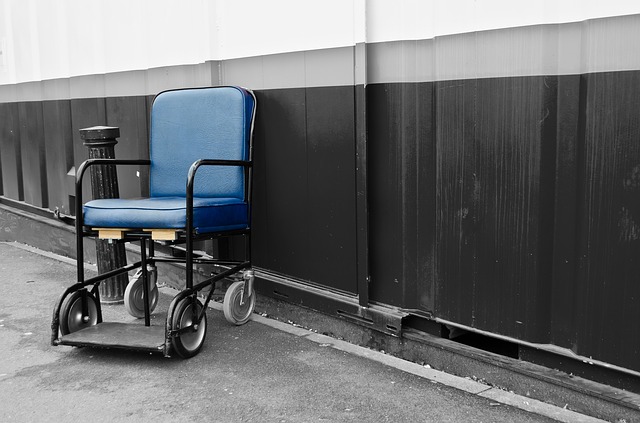
Parents of children with disabilities often don’t understand the large gamut of services that are available to them from a public school. There really are no limits on the particular types of services other than the person’s creativity and being able to establish need. Every service that your child is entitled to has to be based on need rather than benefit. It’s not enough that he would benefit from a service; you have to establish that he needs it. If you can establish a need though, you have a huge array of services available.
For example, your child has a right to any necessary modifications to the content, the delivery, or the methodology of the curriculum, so he has academic type needs. For example, a modification to the content might be that the child gets a less expansive set of academic challenges during a certain time period, or he may get a completely different type of academic requirements. An example of modifications to the delivery would be that instead of getting it in a regular classroom, he might get it in a smaller classroom, he might get services with a one-to-one aid helping the child, or he may even get a special education school where he’s given the services. An example of modifications to the methodology would be, for example, a child with dyslexia may get a completely different reading program than is given to the rest of the school.
In addition to those kinds of services, the child is also entitled to what they call related services. These are services that will allow the child to access the other services; access the curriculum. For example, the simplest one is free transportation. If your child can’t get to school like other children, the district is required to provide free transportation. Other related services that are not so often thought of are, for example, occupational therapy, physical therapy, or speech services. These are all examples of related services.
He may receive technology services, which can range from something as low tech as an extra fat pencil because the child has certain grip issues and issues with his motor skills; all the way up to a highly sophisticated computer program that the child might need to help him read, write, or understand some of the material. When you’re thinking about services, don’t think of any limits. If you’re told by the school district that they don’t do that kind of service or they can’t provide that kind of service, none of that is true. It’s just a question of whether you can establish need. If you can establish the need, the district is required to provide it.
If you have any questions like this about your child, if you’re thinking about particular services, there are a lot of strategies that can come into play in terms of how to approach the district to maximize the number of services your child can receive. You need to speak to a professional who really understands the process and understands how to present it to the school district.
The law firm of Mattleman, Weinroth & Miller, P.C., is composed of experienced education attorneys throughout the states of New Jersey and Delaware. Please contact the office for a free initial consultation and get any questions answered regarding your specific case.

